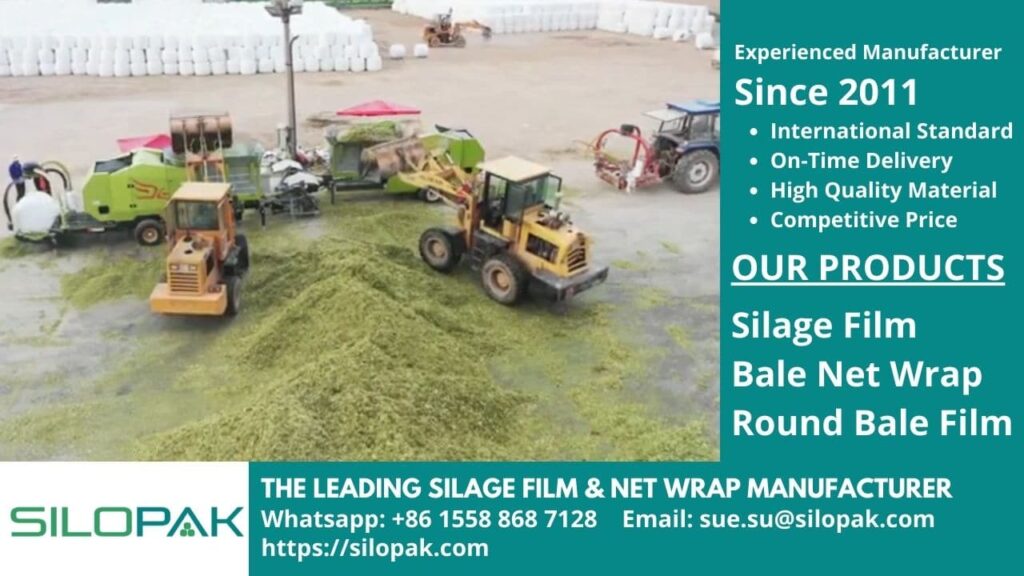
To ensure the health and productivity of the beef cattle, you need to make sure that the feed you give them has all the necessary and major minerals they need. In this opportunity, we’ll discuss all of the components that should be present in the feed you prepare for the cattle.
contents
Elements and Minerals Beef Cattle Need
Calcium
Bones and teeth are where 99% of the calcium is found in the body. This element plays a role in controlling nerves and muscles’ excitability, blood clotting, and enzyme activation (e.g., trypsin and adenosine triphosphatase).
Sources of calcium are ground limestone, a meal of steamed bone, dicalcium phosphate, and legume plants.
Phosphorus
Roles of phosphorus are:
- Metabolizing energy in forming sugar-phosphates and both adenosine di- and tri-phosphates,
- Metabolizing carbohydrate, protein, and lipids,
- Forming phospholipids, aiding in the transport of lipid,
- Forming RNA and DNA, and
- An essential component in enzyme systems.
Sources of phosphorus are cereal grains, fish meal, and meat products.
Magnesium
Magnesium is important in the formation of teeth and bones. It is a component in oxidative phosphorylation, which leads to the formation of ATP. The metabolizing of carbohydrates and lipids, as well as the biosynthesis of proteins, requires magnesium.
Sources of magnesium are linseed cake, cottonseed cake, dried yeast, wheat bran, and magnesium oxide.
Sodium
Sodium helps with balancing the acid-base bodily state. It regulates osmotic pressure and water metabolism in the tissue. Enzyme systems require sodium to operate. It plays a role in both the conduction and transmission of neurons and muscles.
Potassium
The roles of potassium are the same as sodium.
Chlorine
As hydrochloric acid and chloride salts, chlorine aids gastric secretion.
Iron
At least 90% of the iron in the blood of beef cattle is tied to proteins, with myoglobin and hemoglobin being the most important. Ferritin, an iron-bounded protein, is found in bone marrow, kidney, liver, and spleen as a form of iron storage. Iron is contained or activates the following enzymes: phenylalanine hydroxylase, peroxidases, catalase, and tricarboxylic acid enzymes.
Sources of iron are iron dextran, ferrous sulfate salts, cereal straw and bran, and a meal of legume and oilseed.
Copper
It occurs in enzymes such as tyrosinase, lysyl oxidase, cytochrome oxidase, erythrocuprein, and ceruloplasmin. Copper is also observed in a feather pigment named turacin.
Sources of copper are seeds and their byproducts.
Zinc
Zinc is present in high concentrations in the hair and skin of beef cattle. Some enzymes containing zinc include thymidine kinase, alkaline phosphatase, alcohol dehydrogenase, lactate dehydrogenase, pancreatic carboxypeptidase, and carbonic anhydrase.
Sources of zinc include yeast, cereal grains (bran and germ), and the byproducts of animal protein.
Manganese
Manganese activates enzymes such as kinase and hydrolase. It’s also a component that forms manganese superoxide dismutase, pyruvate carboxylase, and arginase. Manganese helps form the organic matrix of bone through the formation of mucopolysaccharide, which requires activation of glycosyltransferases by the element. It promotes immunity by catalyzing reactions by manganese-containing superoxide dismutase.
Sources of it are offal, wheat bran, bran, and green foods.
Cobalt
The microorganisms inside the rumen of the beef cattle require cobalt to synthesize vitamin B12.
Selenium
Glutathione peroxidase, an enzyme that protects cell membranes from oxidative damage, is composed of selenium. Selenium aids with the absorption of vitamin E.
Iodine
Synthesis of tetraiodothyronine and triiodothyronine hormones is aided by iodine. These hormones increase the rate of basal metabolism, accelerate growth, and increase oxygen consumption.
Sources are fish meal and seaweeds.
Vitamins Beef Cattle Need
Besides those elements, beef cattle also require some vitamins in their feed, including:
Vitamin A
Retinol and retinoic acid, both derived from vitamin A, are important for the embryonic development of the fetus. It can be obtained from milk fat, egg yolk, and the oils derived from the livers of some fish, such as halibut and cod.
Vitamin D
Sun-dried grains/roughages, egg yolk, and cod liver oils provide Vitamin D.
Vitamin E
The role of vitamin D is as a biological antioxidant, preventing cells from oxidative damage. It also aids the immune system and it can be obtained from legumes, oilseeds, nuts, fats, vegetable oils, cereal grains, and green fodders.
Vitamin K
This Vitamin K plays a role in prothrombin synthesis in the liver, essential for blood clotting. Basically, it can be obtained from green leafy vegetables.
Vitamin C
Vitamin C helps form collagen and acts as an antioxidant. Citrus fruits and green leafy vegetables are rich in this vitamin.
Ensure the supply of those components mentioned above in the feed for your beef cattle. Last but not least, Silopak provides the LLDPE wrapping film that can help maintain the contents of your feed, so it stays healthy and beneficial for the consumption of beef cattle.
